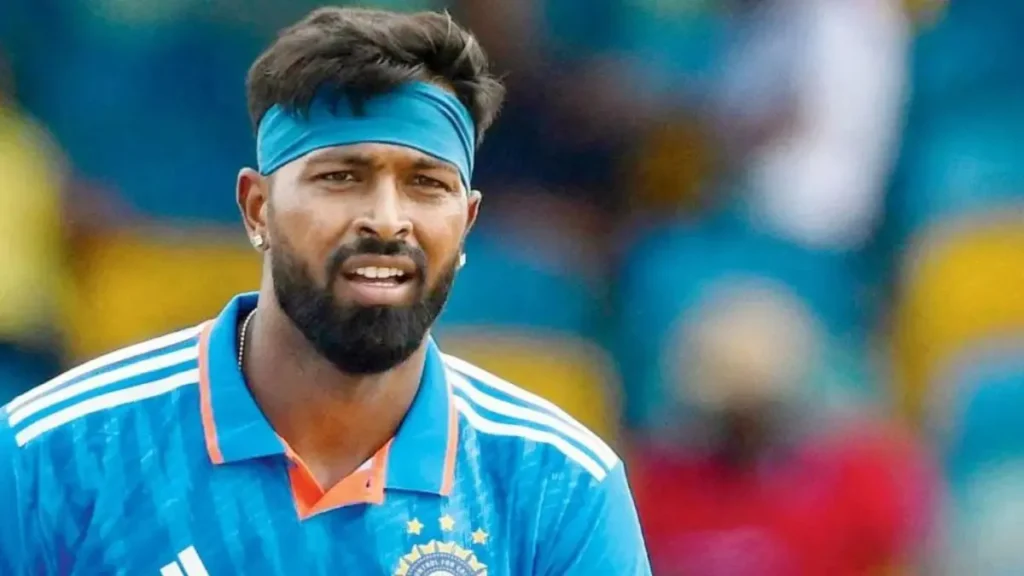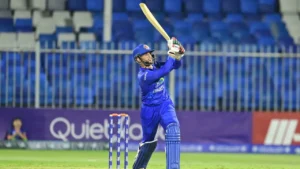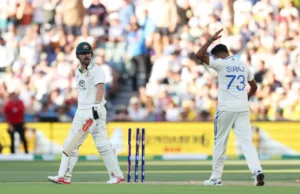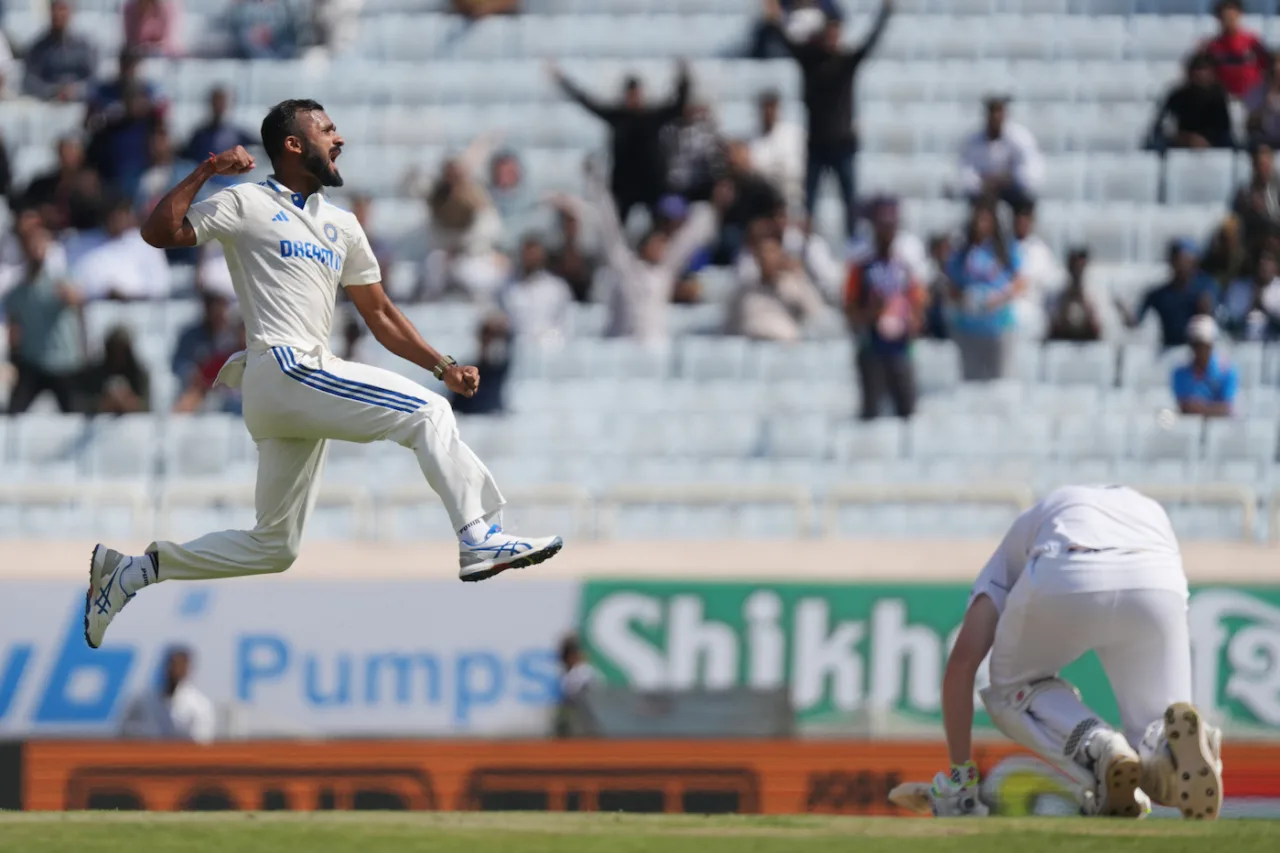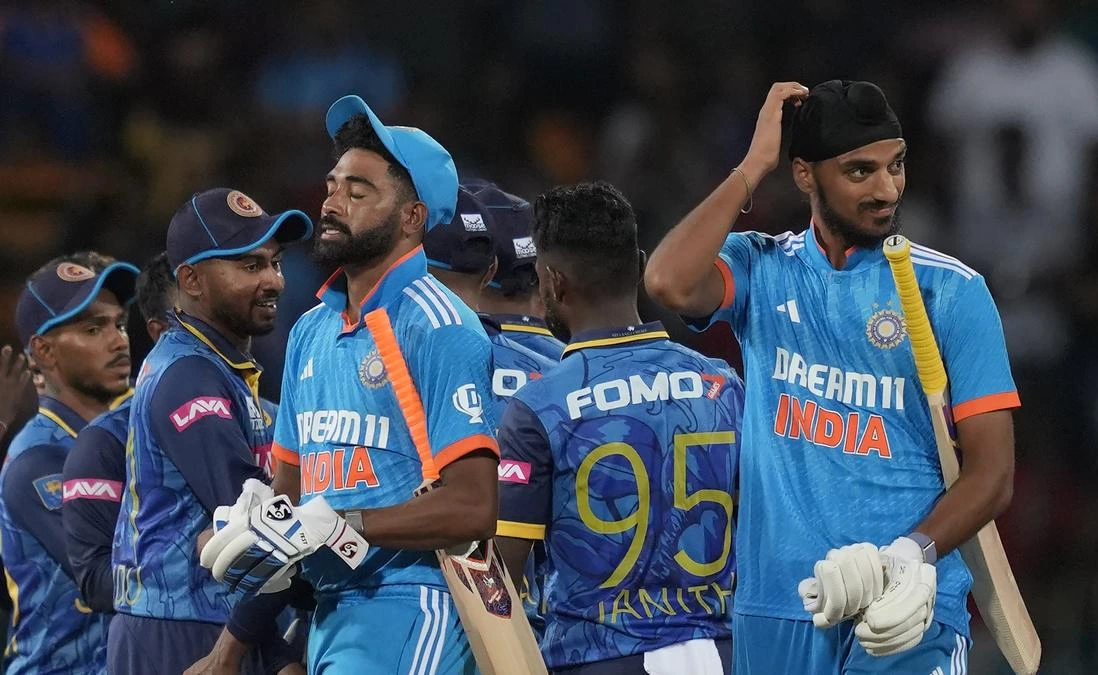The unexpected demotion of Hardik Pandya from India’s T20 captaincy has sent shockwaves through the cricketing world. Once seen as the natural successor to Rohit Sharma, Pandya’s exclusion in favor of Suryakumar Yadav has sparked heated debates and controversies. But what led to this surprising decision? Let’s delve into the reasons behind Hardik Pandya’s captaincy demotion.
The Rise and Fall of a Potential Captain
Hardik Pandya’s journey to the brink of captaincy was nothing short of meteoric. His all-round brilliance and aggressive leadership style made him a fan favorite and a potential captaincy material. His impressive performance in the 2024 T20 World Cup, where he was instrumental in India’s triumph, further solidified his claim to the captaincy.
However, the unexpected twist came when the BCCI opted for Suryakumar Yadav as the new skipper. This choice has caught attention and caused doubts about how the decision was made.
Why Was Hardik Demoted?
Chief selector Ajit Agarkar has clarified the reasons behind the decision to sideline Hardik Pandya as captain. While acknowledging Pandya’s immense talent as a player, Agarkar pointed out two primary factors: fitness and feedback from the dressing room.
- Fitness Concerns: Hardik Pandya has been plagued by fitness issues throughout his career. The demanding role of a captain, coupled with his all-round responsibilities, can put immense physical strain on a player. The selectors wanted someone who could consistently lead the team without compromising their fitness.
- Dressing Room Dynamics: Cricket is a team game, and a captain needs the support of his teammates. Agarkar hinted that the dressing room atmosphere might have influenced the decision. While Pandya is undoubtedly a charismatic leader, the team might have preferred a different style of captaincy.
Hardik Pandya: A Player First
Agarkar was emphatic in stating that Hardik Pandya is an invaluable asset to the Indian team as a player. His ability to contribute with both bat and ball is a rare commodity in modern cricket. The selectors believe that focusing on his all-round game will benefit the team more than burdening him with captaincy responsibilities.
This decision has sparked a debate about the importance of all-rounders in modern cricket. While captaincy can enhance a player’s leadership qualities, it can also divert their focus from their core strengths. In Hardik’s case, the team management seems to have prioritized his role as a match-winner.
The Road Ahead
Hardik Pandya’s demotion is undoubtedly a setback, but it’s not the end of the road for his captaincy aspirations. With time, he can continue to develop his leadership skills and potentially get another opportunity in the future. For now, the focus should be on helping him regain full fitness and perform at his best as an all-rounder.
The decision to appoint Suryakumar Yadav as captain is a bold one, and it will be interesting to see how he fares in the role. The next few years will be crucial in determining the future of Indian T20 cricket.
Suryakumar Yadav: The New Era Begins
The appointment of Suryakumar Yadav as India’s T20 captain marks a new chapter in Indian cricket. Known for his explosive batting and innovative shot-making, Yadav brings a fresh perspective to the leadership role. While his captaincy journey is just beginning, his ability to think out of the box and inspire his teammates could prove to be an invaluable asset.
A Change in Leadership Style
Suryakumar Yadav’s captaincy style is expected to differ significantly from his predecessor, Rohit Sharma. While Rohit was more of a calm and composed leader, Yadav is known for his aggressive and fearless approach to the game. This could inject new energy and excitement into the Indian team.
However, captaincy is more than just inspiring players with big hits. It requires strong tactical acumen, decision-making skills, and the ability to manage a team under pressure. While Yadav has shown glimpses of these qualities in the IPL, it remains to be seen how he will adapt to the international stage.
Impact on Team Dynamics
The change in captaincy is likely to have an impact on the team’s dynamics. Some players might thrive under Yadav’s energetic leadership, while others might need time to adjust. Building a strong team culture and fostering trust among players will be crucial for Yadav’s success.
It is essential to create a positive and supportive environment where players feel empowered to express their opinions and contribute to the team’s success. A strong support staff can also play a vital role in guiding Yadav and the team in the right direction.
Fan Expectations and Media Pressure
Suryakumar Yadav will undoubtedly face immense pressure and expectations from fans and the media. As the face of Indian cricket, he will be under constant scrutiny, and every decision he makes will be analyzed.
Yadav needs to stay grounded and focused on his goals. Building a strong support system and learning to manage media expectations will be crucial in helping him navigate the challenges of captaincy.
The decision to appoint Suryakumar Yadav as India’s T20 captain is a bold one, and it has the potential to reshape Indian cricket. While there are challenges ahead, Yadav’s talent, enthusiasm, and ability to connect with fans make him an exciting prospect.
As fans, we should support Yadav and give him the time to grow as a leader. The journey may be filled with ups and downs, but it is essential to believe in the team and its captain.
FAQs About Hardik Pandya’s Removal as A Captain
A: Hardik Pandya faced fitness concerns and there was feedback from the dressing room about his leadership style.
A: Suryakumar Yadav is known for his aggressive and innovative approach, which could bring a new energy to the team.
A: Yadav will face pressure from fans and media, and he will need to build a strong team culture and manage his workload.
A: Hardik Pandya remains a valuable asset to the team as an all-rounder, and he could potentially return to captaincy in the future.


